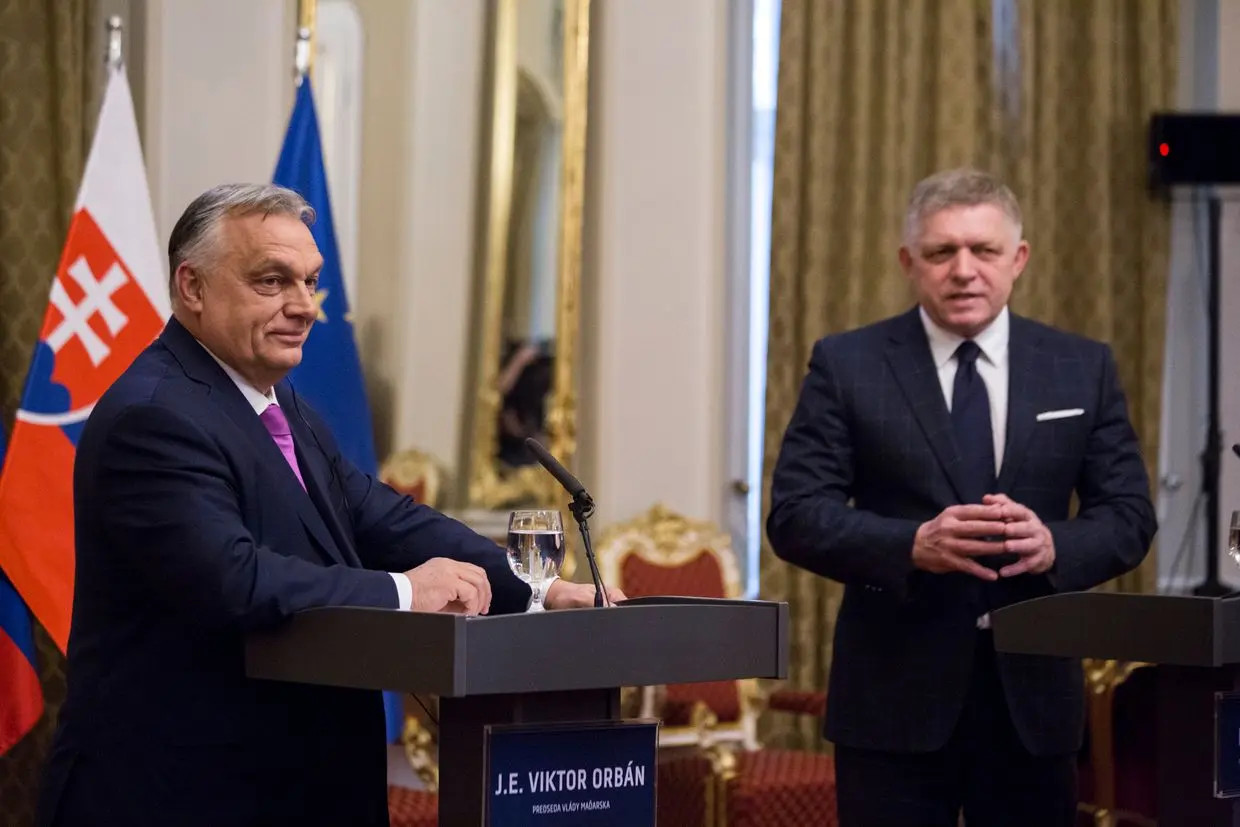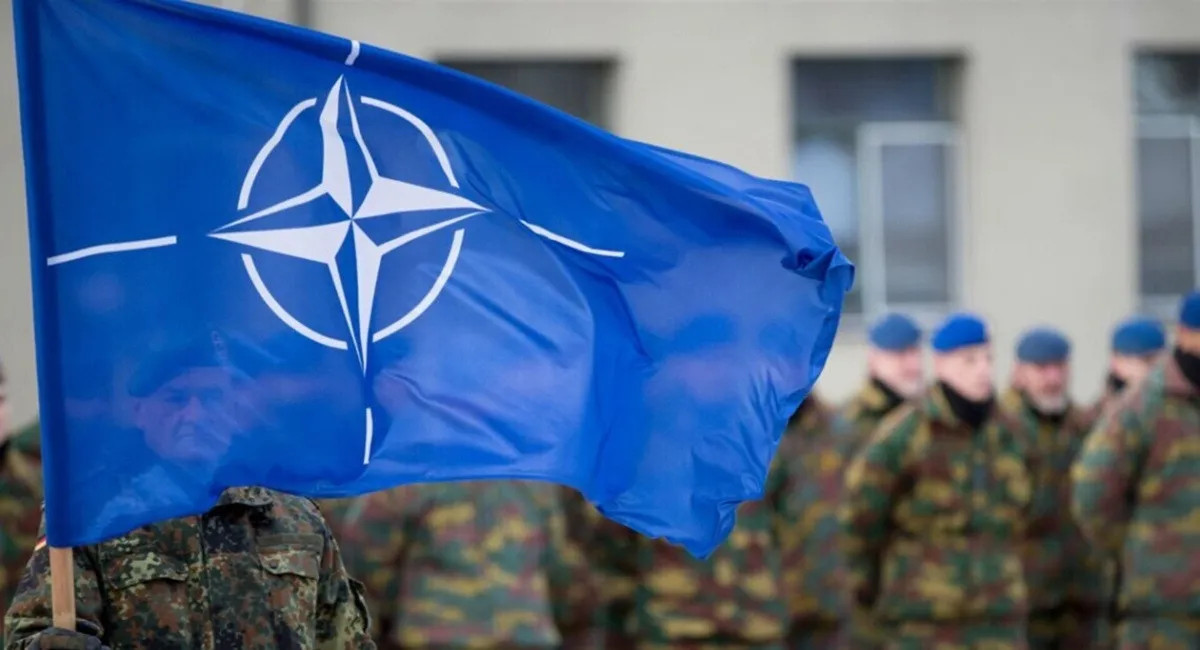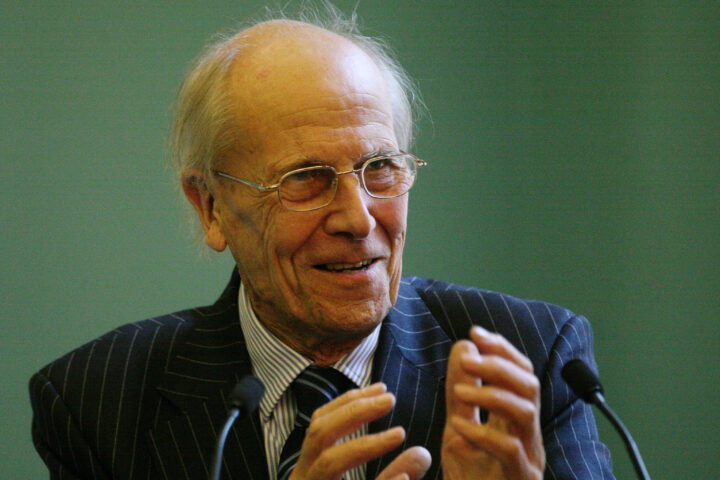Hungary and Slovakia are once again using the European Union’s decision-making rules to pressure their partners as Brussels prepares to extend sanctions against Russia. On September 15, the current six-month package of restrictive measures targeting Russian individuals and entities is set to expire. Renewing sanctions requires unanimous backing from all 27 EU member states, giving Budapest and Bratislava leverage over the process. According to diplomatic sources, both governments are demanding that six Russian businessmen be removed from the sanctions list in exchange for their support. The restrictive measures were imposed on the individuals for actions undermining Ukraine’s sovereignty and territorial integrity, not for commercial disputes. Hungary is pushing to delist four figures, while Slovakia seeks exemptions for two
Previous concessions to Budapest
The standoff follows earlier cases when EU governments reluctantly yielded to Hungarian demands. On March 14, Budapest forced the removal of four names from the sanctions register: Vladimir Rashevsky, the former head of fertilizer giant EuroChem; Gulbakhor Ismailova, sister of oligarch Alisher Usmanov; businessman Vyacheslav Moshe Kantor; and Russian sports minister Mikhail Degtyaryov. Without this concession, Hungary threatened to block the extension of restrictive measures against more than 2,400 listed individuals and entities. The incident highlighted Budapest’s willingness to hold up EU unity to shield figures close to Moscow.
Pattern of obstruction
Hungary has repeatedly delayed or watered down new sanctions packages. Past interventions prevented penalties on senior clerics of the Russian Orthodox Church, including Patriarch Kirill, Metropolitan Hilarion of Budapest, and Metropolitan Tikhon of Crimea, all of whom openly backed Russia’s war. Slovakia has more rarely engaged in such moves, but now appears ready to align with Budapest in leveraging its veto to protect Russian interests. Other EU capitals view these tactics as blackmail designed to extract concessions.
Energy and economic ties with Russia
Hungary’s position is strongly influenced by its dependence on Russian energy, ranging from natural gas and oil supplies to nuclear cooperation. Slovakia is less reliant but still unwilling to sever its economic links with Moscow. Both governments see the veto threat as a bargaining tool for securing domestic benefits or concessions from Brussels. This persistent blocking underscores the structural vulnerability in EU decision-making, where unanimity allows one or two states to paralyze collective action.
Calls for reform
The latest confrontation has renewed debate within the EU about shifting from unanimity to qualified majority voting in sanctions policy. Proponents argue that abandoning the veto would prevent individual states from stalling joint responses to international crises. With the war in Ukraine entering its fourth year and the sanctions regime under constant challenge, the dispute underscores the fragility of the EU’s ability to act decisively in the face of Russian aggression.














